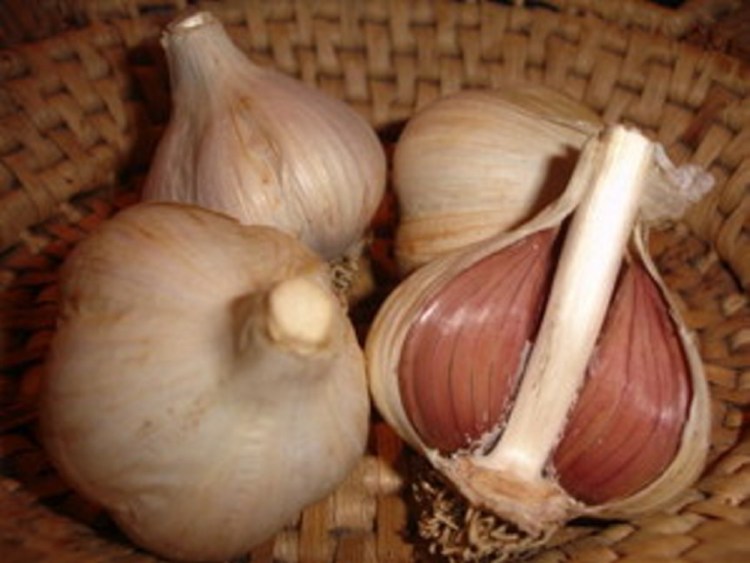When I peruse the various Fedco catalogs – for seeds, trees and bulbs – one of the first things I look for is the number of producers from Maine. It is part of my slow-but-steady shift toward buying local.
I’m making that shift both to help the state’s farmers and also because I know that if Maine seeds and bulbs are available for sale, obviously those plants have already flourished in Maine, at least once.
My expectations vary by product. In the Moose Tubers section of the catalog – devoted to potatoes – I expect almost all the offerings to be from Maine. But for such exotic plants as peonies and daffodils, I am surprised that there are any Maine producers at all.
Typically, when you buy tulip and daffodil bulbs, they are coming from a long way away – often the Netherlands. In Washington state, Skagit Valley has a growing industry producing flower bulbs. (Several years ago, my wife Nancy and I attended the Skagit Valley Tulip Festival, where we saw acres of muddy fields – it was raining hard – filled with gorgeous blossoms.) A lot of seed production comes from the Midwest, too, and from major agriculture states like Florida and California, where the warm weather helps.
The Clinton-based Fedco Bulbs catalog – with a fast-approaching deadline for ordering this coming Friday – features a surprising number of Maine growers.
“We like buying from as many Maine growers as we can,” said Kip Penney, Fedco’s bulb division coordinator. The seed cooperative operates out of Clinton. “We are always trying to increase the farming population in Maine.”
Growing seeds for catalog producers is a small but significant source of income for some Maine farmers. The number of Maine growers in Fedco’s catalog varies from year to year, Penney said. “That’s the nature of the small-volume grower in Maine,” he said. “For many, they like it for a while, and then they don’t. And then they discover that they can’t do it for a reasonable price.”
For Allen Reynolds of Green Garden Farm in St. Albans, located about 40 miles west of Bangor, selling wholesale to Fedco works out well – mostly because trucking one big order to a single customer is convenient for him. He has sold a variety of bulbs to the seed catalog since 2009, when he attended a program on the subject at the Common Ground Fair.
“That’s where I met Kip (Penney), and he just happened to have 60 pounds of German Extra-Hardy garlic seed,” Reynolds recalls. “It was already late in the season, so I bought it, and that’s where it started from.”
With more than two tons sold a year, garlic is the biggest seller in the Fedco bulbs catalog, although this year’s drought may limit production, Penney said. Garlic sales have been growing steadily, up from about 1,500 pounds a decade ago.
The beauty of garlic is that it is fairly easy to grow. Reynolds plants his in late October or early November and harvests it in late July. He sells most of what he grows to Fedco, and attributes about 90 percent of Green Garden Farm’s income to garlic.
In the remaining 10 percent is a more unusual bulb, colchicum, also called fall crocus. Reynolds got a head start in colchicum production by buying all the stock from a colchicum grower who was going out of business.
“It comes up in spring with a beautiful bright green foliage, very vivid,” Reynolds said. “In mid-summer the leaves die back so you can’t even see them, but in the fall all these flowers burst out of the ground and put on a huge show.”
It takes about seven years for colchicum bulbs to grow enough to be divided for sale. While home growers won’t have to dig and divide them that often, Reynolds divides the ones he plans to sell every two or three years so they won’t get crowded.
Green Garden Farm also grows an acre of peonies that it sells to consumers as cut flowers, and it has a few varieties that it sells to Fedco as root stock; Fedco, in turn, sells the root stock to consumers to plant in the fall.
Reynolds has recently started selling a variety of double daffodil that does well in Maine to Fedco.
The bulbs do not have to be inspected or certified before they can be sold to Fedco, Reynolds said. But the fact that Green Garden Farm is certified organic does help sales, he said.
Although he makes money from the farm, Reynolds said he earns significant off-farm income working as a landscaper with a specialty in stonework, mostly in Connecticut.
“Growing bulbs is my retirement income,” he said. “I’ll probably be going out in my wheelchair and pulling garlic.”
Tom Atwell is a freelance writer gardening in Cape Elizabeth. He can be contacted at 767-2297 or at: tomatwell@me.com.
Send questions/comments to the editors.



Comments are no longer available on this story